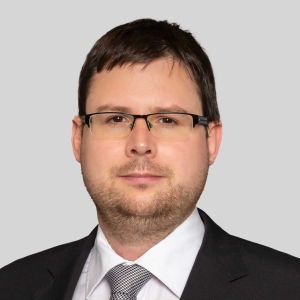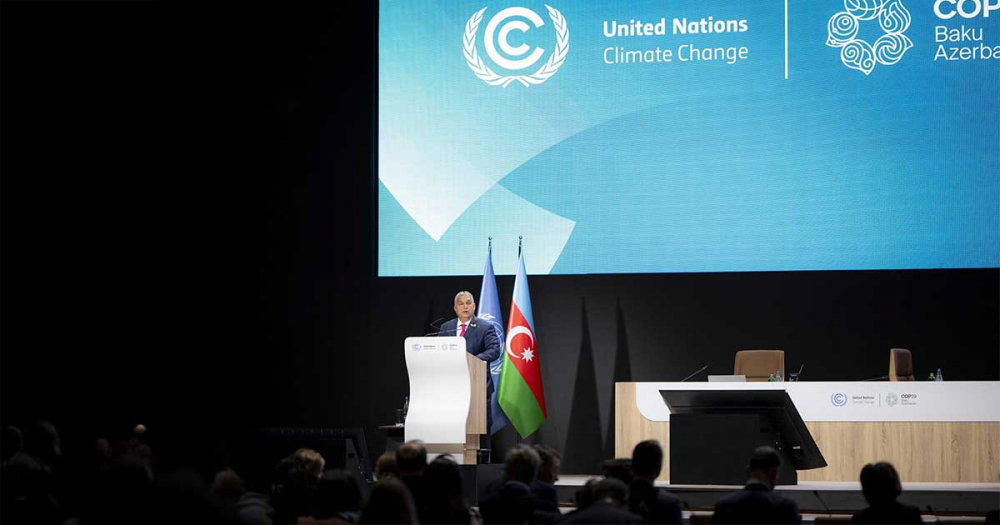In recent years, the German government's promotion of renewable energy development has been so "successful" that summer overproduction now threatens the energy supply across Europe. According to leaked reports, they are now planning changes to the renewable energy support system that could serve as a model for other countries.
To boost renewable energy production, Germany, like other European Union countries, provides financial support for feeding electricity from renewable energy sources into the public grid. This 20-year guaranteed feed-in tariff for solar, wind, and biogas producers has achieved its goal, significantly increasing the installation of renewable energy sources in Germany. The result so far: in 2022, 47% of electricity consumption, and in 2023, 52% was covered by renewable sources. The periodic overproduction is balanced by neighboring countries, while the shortfall is mainly offset by French nuclear power plants and domestic coal and gas plants.
A similar solution to the current German approach is in place in our country, known as the Mandatory Feed-in Tariff (KÁT). In this system, the Hungarian Transmission System Operator (MAVIR Zrt.) signed contracts with renewable electricity producers before January 1, 2017, and has since been purchasing electricity from them at regulated prices. This system was replaced by the premium-based Renewable Support System (METÁR).
However, the new support method has not succeeded in compelling producers to participate in balancing energy services instead of overproduction and negative electricity prices. In parallel with renewable energy production, it would be advisable to develop energy storage facilities because if we cannot store the energy produced during sunny hours, we are forced to sell it typically very cheaply or for free to our competitors.
Although buyers are willing to pay a premium for green energy (guarantee of origin), without support, the current practice severely undermines the market-based return on renewable investments and places an unreasonably heavy burden on the electricity distribution network. The Germans are also struggling with similar issues and are now looking for another form of support.
According to a leaked document from the Ministry of Finance on Reuters, a market incentive has been found to avoid overproduction by redesigning the renewable energy support system: in the future, electricity producers will only receive a one-time investment grant, and the guaranteed purchase of produced electricity at fixed prices will be phased out. This will encourage investors to sell electricity when there is demand, meaning they would offer balancing energy. The only potential drawback is that if sustainable energy sources like nuclear power plants had not been shut down, baseload power could be derived from them during dark and windless hours instead of relying on imports and coal-fired power.
In Hungary, a similar approach is being taken to develop storage capacity. Domestic electricity transmission and distribution licensee companies can build network-integrated storage capacity with one hundred percent support intensity, while private investors are provided with a 45 percent investment grant by the government.
Overall, after the overly ideological German approach characteristic of previous years, it is refreshing to see a new approach that is not detached from reality. Of course, the devil is always in the details. The practical experiences after the implementation of the regulation will show how this method can serve as an example for other countries, including Hungary.




